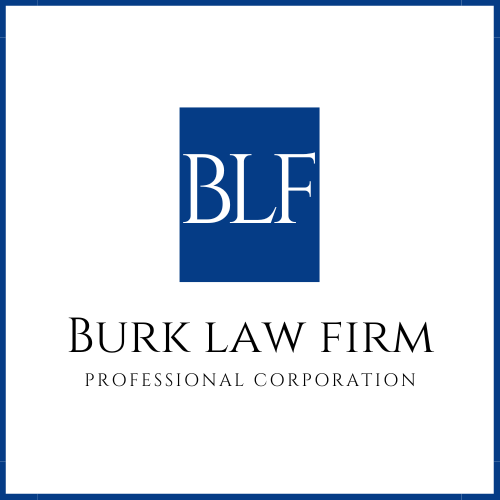

In Austin’s fast-paced and innovation-driven business landscape, protecting proprietary information isn’t just smart—it’s essential. From tech startups and biotech firms to creative agencies and manufacturers, businesses across industries face constant risks of trade secret theft and employee-driven IP leakage. Here’s what Texas businesses need to know about protecting trade secrets and leveraging Non-Disclosure Agreements (NDAs) effectively.
1. Understanding Trade Secrets Under Texas Law
Under the Texas Uniform Trade Secrets Act (TUTSA), a trade secret includes any information—technical, financial, or operational—that derives independent economic value from not being generally known and is subject to reasonable efforts to maintain its secrecy.
Common examples:
Algorithms and source code
Customer lists and pricing models
Product formulations and R&D data
Business strategies or vendor agreements
If your business has something that gives it a competitive edge and isn’t publicly known, it likely qualifies as a trade secret.
2. The Role of NDAs in Safeguarding Confidential Information
Non-Disclosure Agreements (NDAs) are a frontline defense for Austin companies operating in high-competition sectors. NDAs should be tailored, enforceable, and broad enough to cover all forms of sensitive information.
Key NDA clauses to include:
Definition of Confidential Information: Avoid vague terms—be specific.
Obligation of Confidentiality: Specify duration and scope.
Permitted Use: Make it clear the information is only for specific business purposes.
Remedies: Spell out injunctive relief and damages in the event of breach.
Burk Law Firm, P.C., based in Austin, TX, regularly drafts custom NDAs to support startups, partnerships, and vendor agreements—ensuring enforceability under Texas law.
3. Internal Practices to Strengthen Trade Secret Protection
Litigation is your last resort. Prevention begins with strong internal protocols:
Restrict access to confidential data (e.g., tiered credentials for files and platforms)
Label sensitive materials appropriately
Train employees during onboarding and offboarding
Use strong contracts that include non-compete or non-solicit clauses where enforceable
Audit digital and physical security routinely
The courts consider these efforts when determining whether trade secret protections are valid.
4. When Litigation Becomes Necessary
Despite best efforts, breaches happen—especially in Austin’s transient labor market. Whether it’s an ex-employee joining a competitor or a startup partner walking off with proprietary code, businesses may need to seek injunctive relief or pursue damages.
Litigation strategies under TUTSA can include:
Temporary Restraining Orders (TROs) or Injunctions to stop ongoing misuse
Forensic evidence gathering to prove misappropriation
Actual and exemplary damages, plus possible attorney’s fees
Burk Law Firm, P.C. has handled numerous trade secret disputes in Travis County and beyond, offering fast, aggressive response strategies when time is critical.
5. Conclusion: Be Proactive, Not Reactive
In Austin’s competitive economy, trade secrets are among your business’s most valuable assets. Protect them early, revisit your strategies often, and be ready to enforce your rights when necessary. With customized NDAs and proactive legal counsel from Burk Law Firm, P.C., your company can stay one step ahead of threats.
Contact Burk Law Firm, P.C. – Austin, TX – 512-306-9108, [email protected].
Trusted business counsel for startups, entrepreneurs, and established companies across Central Texas and Nationwide.

